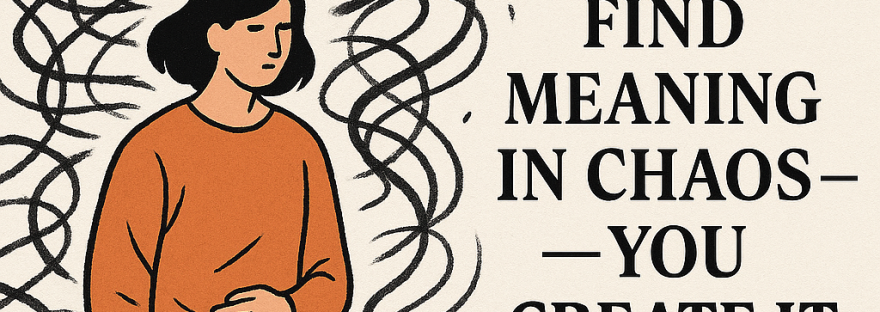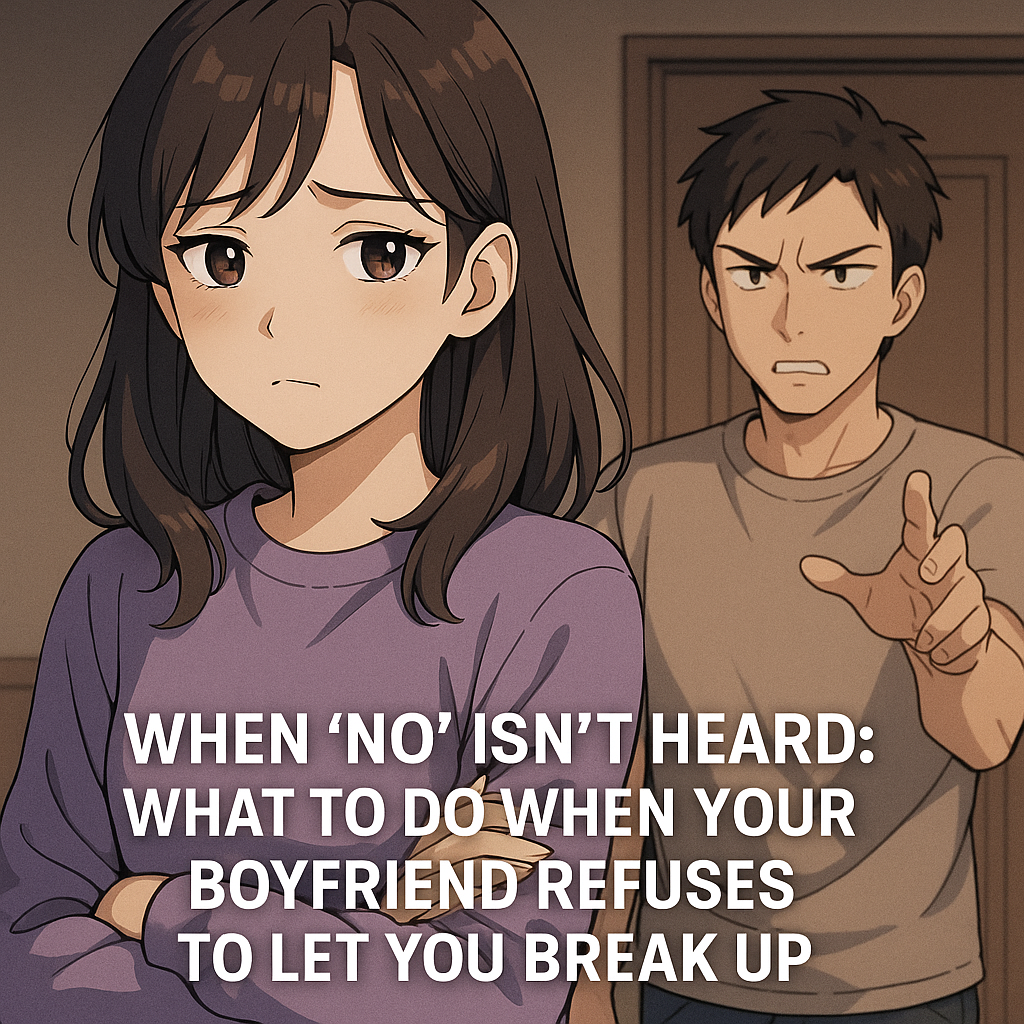Let’s cut through the fluff.
This whole idea that you need to “find” meaning in your mess? That one day, the universe will hand you a beautifully wrapped answer to why everything fell apart? It’s comforting… but it’s also a trap.
Because the truth is, meaning isn’t found—it’s made.
Chaos Isn’t the Enemy
Life doesn’t come with a clear narrative. There’s no script. No step-by-step guide that guarantees things will make sense.
People leave. Plans fall through. You get hurt. You fail. You question everything.
And yet, we treat this like a glitch in the system—like life was supposed to be clean and linear, and something went wrong.
But this is life. Chaos isn’t an interruption.
It is the system.
The Meaning You’re Waiting For? It’s You.
If you’re waiting for clarity before you take a step forward, you’re going to be stuck in place forever.
Because clarity doesn’t come first—action does.
Meaning isn’t something you sit around hoping to uncover. It’s something you build, piece by piece, while you’re in the middle of the wreckage.
Your breakdown can be your breakthrough.
Or it can be your excuse.
You get to choose.
Build Your Compass
Feeling lost? That’s okay. But don’t stay there waiting for the storm to pass.
Start building your compass.
Ask yourself:
- What do I want this pain to stand for?
- What lesson am I choosing to carry forward?
- Who am I becoming through this chaos?
The questions won’t magically solve everything overnight. But they will give you direction—and in chaos, direction is power.
Meaning Isn’t a Gift. It’s a Responsibility.
It’s easy to romanticize the idea that life will show you your purpose.
But here’s the truth:
Purpose isn’t shown. It’s chosen.
You have the authority to decide what your struggle means.
You have the power to make this season mean something.
You don’t have to have it all figured out. You just have to stop outsourcing your meaning to fate, luck, or some cosmic signal.
Create Meaning. Every. Damn. Day.
Life won’t always make sense.
But even in the darkest seasons, you have the ability to assign purpose to your pain.
You can make meaning out of the mess.
Not because life handed it to you…
But because you chose to make something out of it.
And that’s where the real power is.


